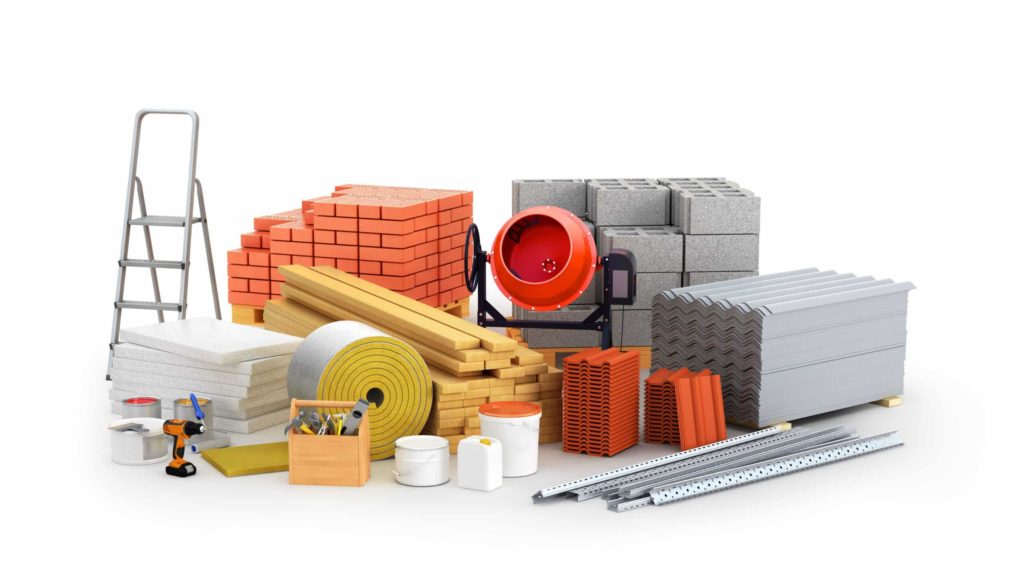
A Guide to Selecting the Best Construction Materials in the UK
Selecting the right construction materials is a crucial step in ensuring the success and longevity of any building project. The United Kingdom, with its diverse climate and stringent building regulations, requires careful consideration when choosing construction materials. In this guide, we’ll explore key factors to consider and provide valuable insights into selecting the best construction materials in the UK.
Compliance with Building Regulations:
The UK has strict building regulations in place to ensure the safety, energy efficiency, and sustainability of structures. Before selecting any construction material, it is essential to check its compliance with these regulations. Materials that meet or exceed these standards will contribute to the overall quality and durability of the construction project.
Climate Considerations:
The UK experiences a wide range of weather conditions, from heavy rainfall to occasional extreme temperatures. It’s crucial to choose materials that can withstand these diverse elements. For example, corrosion-resistant materials are ideal for areas with high rainfall, while insulation materials should be chosen carefully to address temperature variations.
Durability and Longevity:
Investing in durable materials is essential for the long-term success of any construction project. Consider the lifespan of the materials and their ability to withstand wear and tear. High-quality materials may have a higher initial cost, but they often pay off in the long run by reducing maintenance and replacement expenses.
Energy Efficiency:
Energy efficiency is a growing concern globally, and the UK is no exception. Choosing materials that contribute to the overall energy efficiency of a building can lead to reduced energy consumption and lower utility costs. Look for materials with good insulation properties and those that are sourced sustainably to minimize environmental impact.
Sustainability:
Sustainable construction practices are gaining traction in the UK. Opting for materials with eco-friendly credentials, such as recycled content or materials sourced from renewable resources, can contribute to a greener construction industry. Certifications like BREEAM (Building Research Establishment Environmental Assessment Method) can guide you in selecting environmentally responsible materials.
Cost-effectiveness:
While it’s important to prioritize quality, budget constraints are a reality in construction projects. Striking the right balance between cost and quality is crucial. Consider the lifecycle cost of materials, factoring in maintenance, energy efficiency, and longevity, to make informed decisions that align with your budget.
Local Availability:
Opting for locally sourced materials can have several advantages. It not only supports the local economy but also reduces transportation costs and the associated environmental impact. Check for nearby suppliers and explore materials that are readily available in your region.
Conclusion:
Selecting the best construction materials in the UK requires careful consideration of various factors, from compliance with building regulations to sustainability and local availability. By taking the time to research and evaluate different materials, construction professionals can ensure that their projects meet the highest standards of safety, efficiency, and durability. Ultimately, making informed choices in construction materials contributes to the overall success and resilience of buildings in the dynamic and challenging UK environment.






